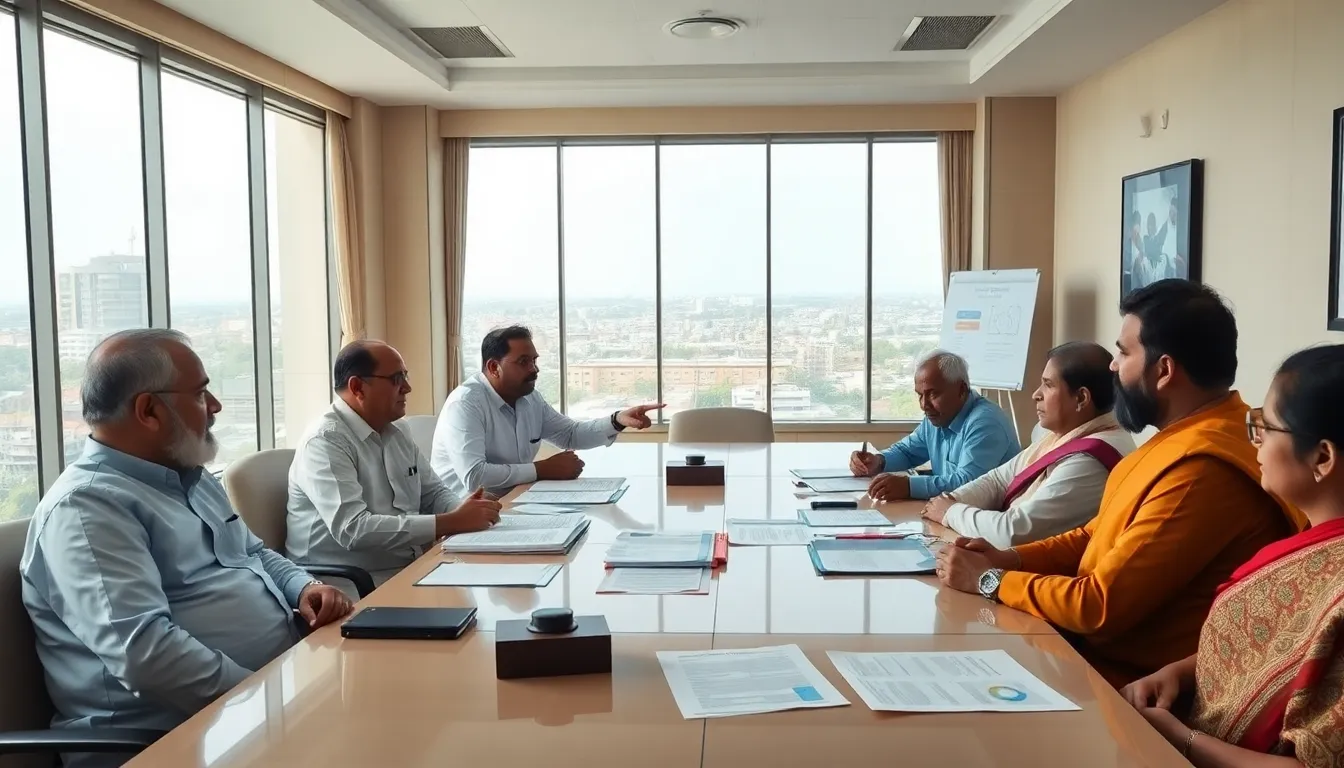Gandhinagar, Gujarat – A significant meeting took place today under the leadership of Dr. Ratan Kanwar Gadhvi Charan, the Rural Health Commissioner, to discuss strategies for controlling vector-borne diseases in the state. This meeting aimed to enhance efforts to eliminate diseases like malaria, dengue, and chikungunya, in line with the central government’s goal to eradicate malaria by 2030.
The meeting gathered officials from various state departments, focusing on the urgent need to control the spread of these diseases. Dr. Gadhvi Charan emphasized the importance of preventive measures. He directed the Panchayat and municipal departments to ensure that no mosquito breeding sites are created at construction sites. Contractors are responsible for maintaining these sites and must regularly review their progress to prevent mosquito breeding.
In urban areas, strict enforcement of sub-laws and building bylaws is essential. The officials were reminded to ensure that these regulations are followed, which would help in reducing mosquito populations.
The industry department was also involved in discussions. They were tasked with ensuring that no water accumulates in industrial estates managed by the Gujarat Industrial Development Corporation (GIDC). This is crucial as standing water can become a breeding ground for mosquitoes. The officials were instructed to create a list of all workers in these areas to facilitate monitoring and checks for vector-borne diseases.
Schools were highlighted as critical venues for awareness. The education department was asked to appoint a nodal teacher in every school. This teacher will be responsible for forming teams of students who will inspect school campuses for stagnant water every week. This initiative is aimed at raising awareness among students and encouraging them to take action against mosquito breeding.
Additionally, the meeting discussed the role of the Women and Child Development Department, particularly through the Integrated Child Development Services (ICDS). All anganwadi centers need to be vigilant in preventing mosquito breeding. If any children show symptoms of fever, immediate contact with nearby primary health centers or health workers is necessary for blood tests.
The irrigation and water supply departments were also given clear directives. They must ensure that there are no leaks in main canals, minor canals, siphons, and regulatory chambers. Such leaks should be fixed permanently to prevent mosquito breeding.
Key officials present at the meeting included Dr. Neelam Patel, additional director, and representatives from various departments such as Panchayat, Ayush, municipalities, industry, education, and water supply. Together, they aim to strengthen the control measures against vector-borne diseases across Gujarat.
The proactive measures discussed at this meeting reflect the state’s commitment to public health and the well-being of its citizens. By working collaboratively across departments, Gujarat aims to achieve its health goals and ensure a safer environment for all residents.


Leave a Reply